Dice Versa is a simple and elegant dice-placement mobile game from developer Ragtag Games, coming hot on the heels of the free game-jam prototype Dice with Kali that was featured amongst the top 20 games from the GMTK Game Jam in July. This is no small honor, as there was plenty of competition: just about every year the GMTK Jam shatters records for the largest jam ever held on itch.io. Dice Versa has recently earned a spot on my phone’s home screen, and elegance, I believe, is one of the best words to explain what separated this game-jam entry from the pack.
I’m often drawn to elegant games, those that use simple rules to achieve surprisingly deep and interesting results. With the right combination of mechanics, just a few elements can synergize into something deceptively thinky. One area that I believe is ripe with this kind of “simple-yet-deep” inspiration is the world of tabletop games: dice, cards and other time-tested physical components are showing up more and more often in the realm of indie videogames.
The game’s premise is about as simple as games get: you’re presented with an empty 4×4 grid and some dice that you need to place within. Maybe you rolled an orange 5 and a blue 3 to start things off. The colors and numbers on the dice determine where you can place them: once your orange 5 is on the grid, the adjacent spaces can only be claimed by other dice that are either orange or have a value of 5. Possibilities get constrained quite quickly, and managing these possibilities and probabilities form the backbone of the game. Your goal is to “clear” rows and columns of dice by filling them, with score bonuses for clearing a set of all one color or value. Wind up with even a single die that doesn’t fit anywhere and it’s game over.
Your primary resource for nudging the odds in your favor is your precious stock of rerolls (if you purchase the game you’ll start each run with 3, or you can watch an ad if you’re playing for free.) Occasionally you’ll be blessed with a Wild die which can go anywhere, and as a run progresses you’ll have more dice to manage and you’ll be introduced to new types. Timer dice, for example, take up space and crowd your grid for a set number of turns. I was pleasantly surprised that the game had a few twists in store as I delved deeper. Dice Versa also features a global Leaderboard, giving me clear feedback on how well I’m doing and if my strategy is getting better over time. Chasing a high score is a classic, elegant metric.
As I’ve been emphasizing, Dice Versa is quite a simple game, and contains lots of dice… is it possibly too simple or random to be called thinky? I expect the answer to that depends on who you ask, but my answer is no. A game being played on a cell-phone, containing random elements, and giving me quick-fix game sessions does not, in my mind, preclude it from engaging my brain and giving me problems to think through.
The experience of playing a game like this tends to come in layers: the first few turns are simple, no big deal. I put the red dice near the red dice, I put the 6s near the 6s. Then I’m left with a blue 5, and it doesn’t fit between my reds and my 6s… uh oh, I’ve gone bust. I start again, having learned something small but significant. This process repeats, and my score improves over time as I slowly understand more about the system. Eventually I reach an even higher layer: I start to see that anticipating what dice I may be dealt next turn is equally important to the ones currently in front of me. This slow learning and peeling-back-layers effect is one reason I’m so enamored with elegant games: Dice Versa does not tell you “okay, we’re moving on to Level 3 now, make sure you read the sign so that you know what this new kind of dice does and where you might want to place it.” Experimenting and learning on your own, realizing that Level 3 has been in front of you all along, hidden in the deceptively clean design, can be much more satisfying.
In terms of value for money, it’s hard to beat an inexpensive mobile game that offers an interesting, engaging experience. A pleasant, simple aesthetic ties everything together nicely while not getting in the way. You can pay $2.99 to remove all ads from Dice Versa and get fun, short sessions out of it wherever you go, or if you’re ok being interrupted now and then, you can even play for free. I think the price is very fair for what the game has to offer, and the developer was very receptive to feedback when I reached out with some concerns to do with the revenue model and monetization. I think it’s very acceptable where it all ended up: either you play for free and watch some ads, or you pay and never see one again. In a day and age when “mobile game” can often feel synonymous to “greedy click-bait microtransaction junk,” it’s always a treat to discover a new elegant gem you can carry with you.

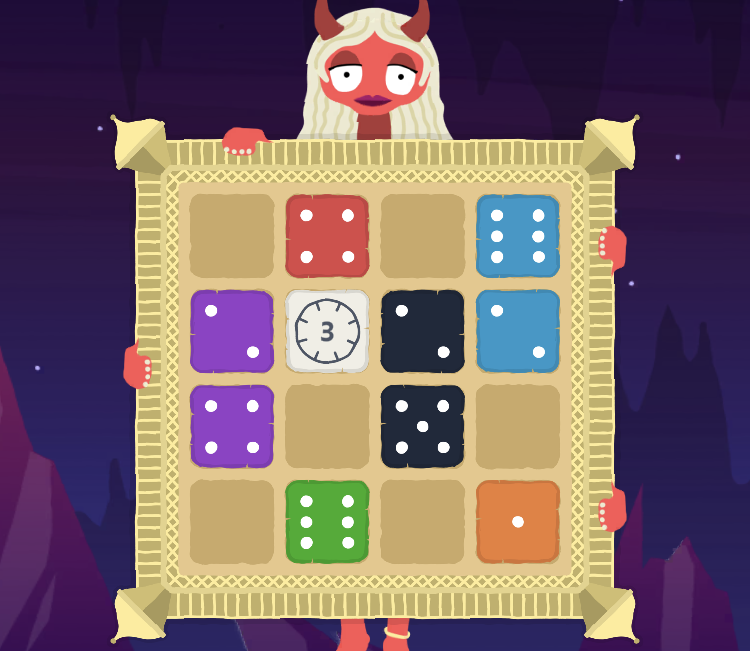
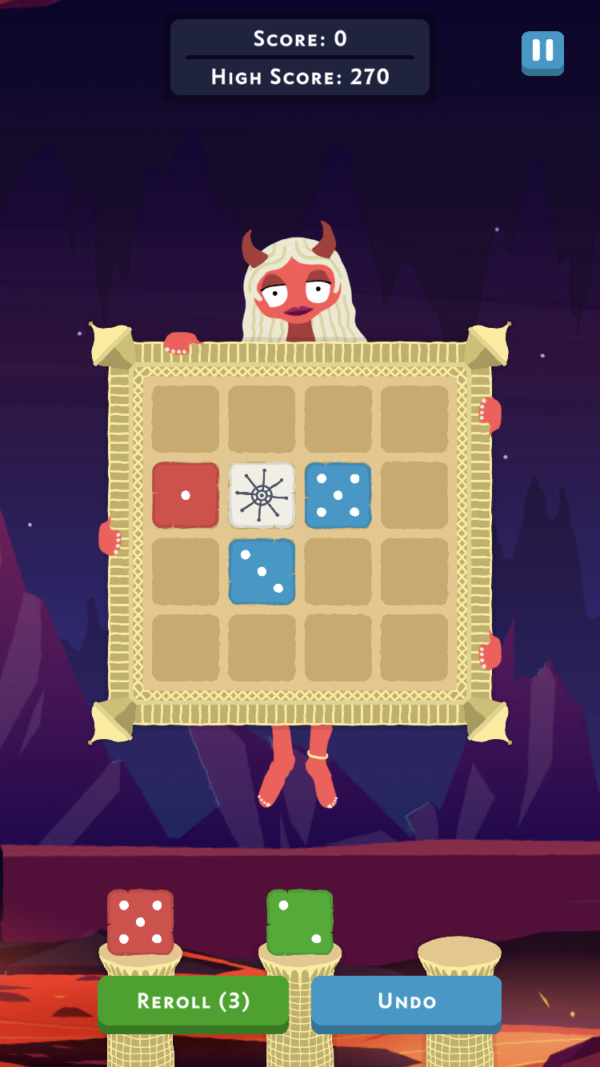
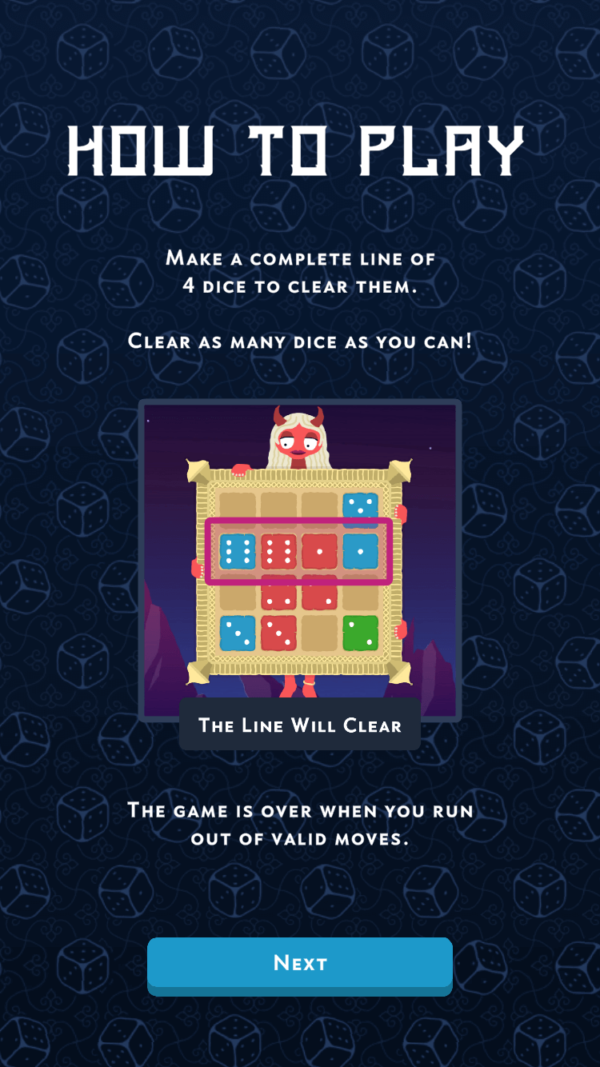
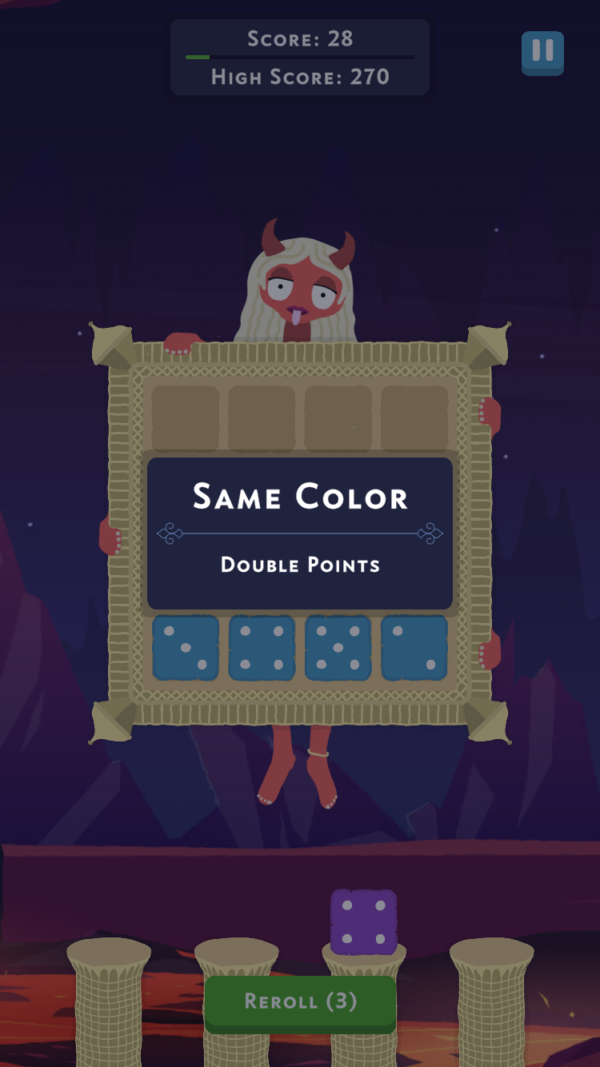
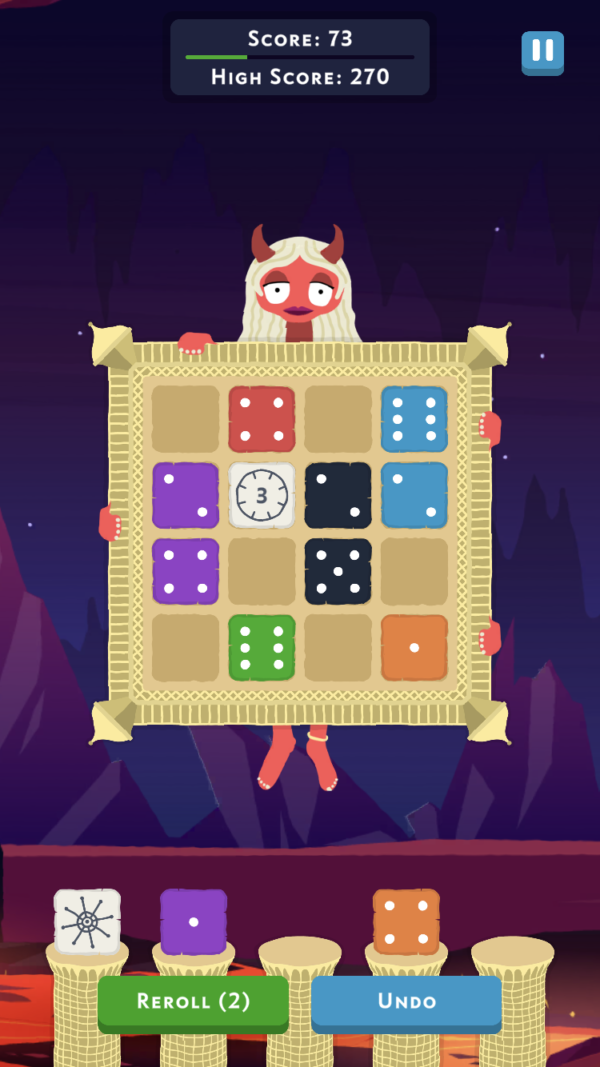

Leave a comment